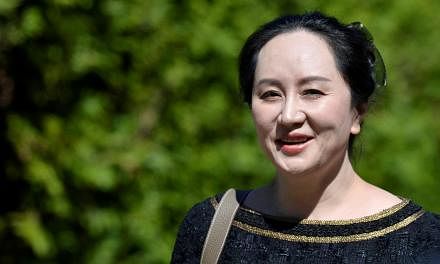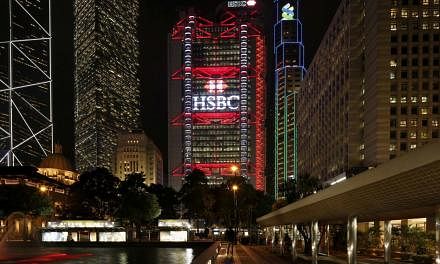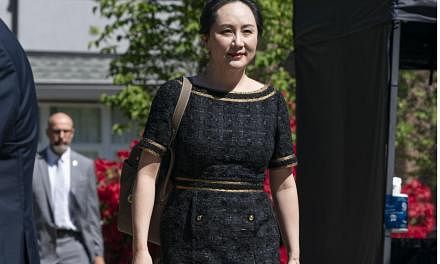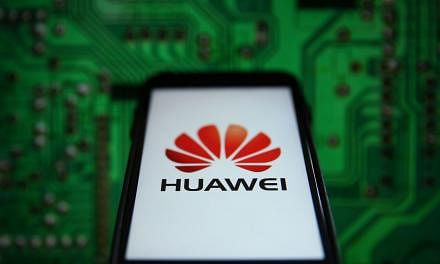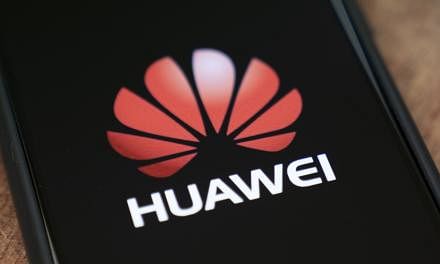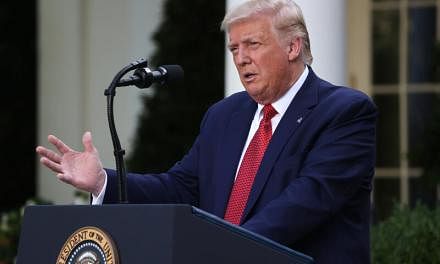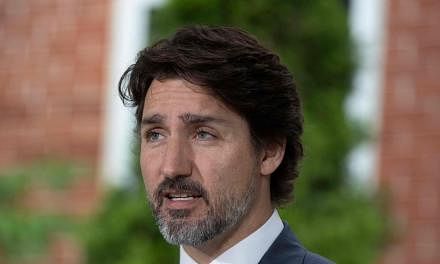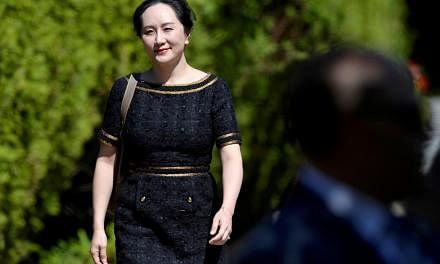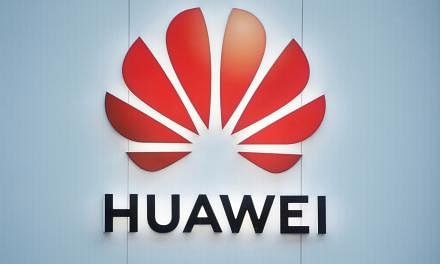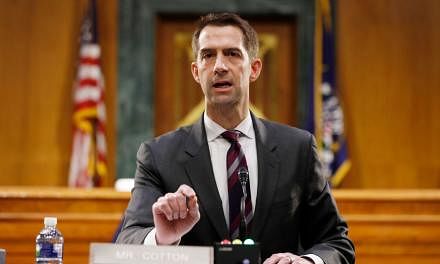BEIJING - Chinese President Xi Jinping will visit Europe on Thursday, as Beijing looks to boost ties with the European Union and welcome the latest entrant to its Belt and Road Initiative (BRI).
The six-day visit is Mr Xi's first foreign visit this year and will span three countries - Italy, Monaco, where Mr Xi will be the first Chinese president to visit the principality, and France - where he will meet and hold talks with leaders.
While the Chinese Foreign Ministry on Wednesday (Mar 20) characterised the visit as a "highlight" of China-Europe diplomacy this year, it is coming amid increasing divisions and concerns over the BRI, Chinese investments on the continent, and US pressure over Huawei.
Just last week, the European Commission released a 10-point plan on how to manage relations with China that labelled the country a "systemic rival" and "economic competitor".
Experts say Xi will be looking to assuage European concerns and win support for his signature BRI project.
High on the agenda will be his visit to Italy where despite intense domestic debate over China's BRI development strategy, the European country is expected to sign a non-binding agreement to join it.
Mooted by Mr Xi, the BRI aims to connect China to Europe, Africa and other parts of Asia by building a network of ports, roads, railways and industrial hubs, reviving ancient overland and sea trade routes.
But it has also been criticised as a form of "debt-trap diplomacy". Addressing the controversy, China's vice foreign minister Wang Chao said it was natural for there to be such concerns in Italy at this point, but he added that the BRI will serve the interests of both countries.
"It takes time for any newborn to grow up, therefore during the process of developing Belt and Road co-operation it is inevitable that we may encounter some misunderstandings or even doubts," said Mr Wang at a briefing on Mr Xi's trip.
Italian media has reported that the draft of the memorandum of understanding shows broad deals for co-operation in logistics, infrastructure investment, financial and environmental sectors.
Professor Steve Tsang, director of the China Institute at the School of Oriental and African Studies in London, said Italy's signing of the BRI deal has "enormous significance" - it is the first G7 country to do so, and will mean that a major member of the EU is breaking ranks with the bloc.
"Italy's move... will be very reassuring to some eastern EU members which are much more ready to engage China more on China's than the wider EU's terms," said Prof Tsang.
The endorsement will also allow Mr Xi to show that the BRI "enjoys a great reputation in Europe and the world" despite the international backlash it has garnered, said Ms Lucrezia Poggetti, research associate with the Berlin-based Mercator Institute for China Studies.
Experts say other high-priority issues this trip will include trade and Huawei, which is hawking its equipment for next generation 5G networks in Europe. The global tech giant is facing increasing global pressure, following claims from the US that its equipment could be used by Beijing for spying.
While the US and Australia have ruled out Huawei from their 5G networks, European countries have not done so.
French telecom operators are testing Huawei's 5G equipment, while Monaco has already inked a 5G deal with Huawei, reported Agence France-Presse on Wednesday (Mar 20).
Germany has also said it does not plan to bar Huawei from its networks.
Associate Professor Cui Shoujun of Renmin University said Mr Xi's visit will help to "build mutual trust and allay concerns".
Experts say Mr Xi's visit is also the latest sign of Beijing's courtship of Europe, as it searches for allies while dealing with its trade war with the US.
On Wednesday (Mar 20), Mr Wang drew attention to the tempo of diplomatic interactions last year - noting that there were almost 100 exchanges of officials at or above vice-premier rank, and over 1,100 at or above the vice-ministerial level.
Cooperation was mutually beneficial and has "deepened", said Mr Wang, adding that the EU has been China's largest trading partner for 15 years.
Following Mr Xi's visit, Chinese Premier Li Keqiang will also travel to Brussels next month for a China-EU summit.
Said Prof Cui: "By visiting Europe before he is expected to travel to the US to ink a trade agreement, Mr Xi is sending an important signal that Europe matters and continues to be important to China."


